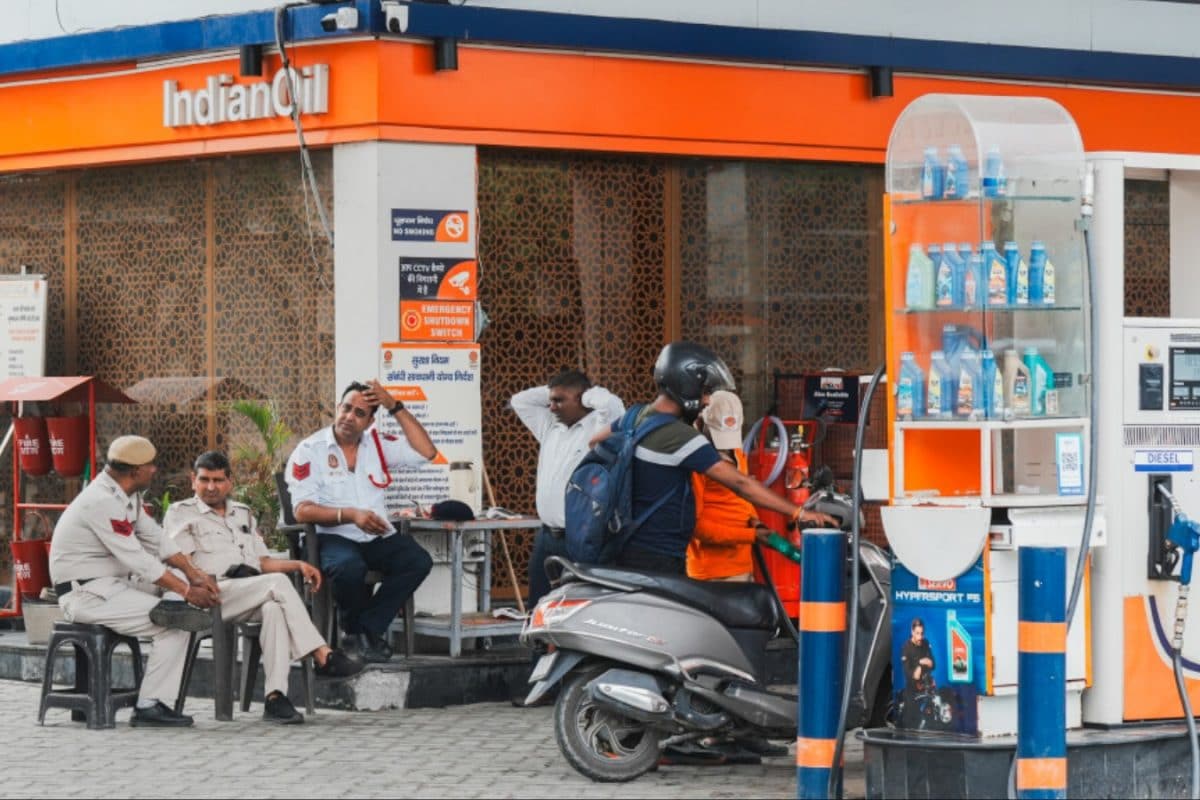

Starting today, Delhi has implemented a ban on fuel sales to vehicles that have reached the end of their lifespan, marking a significant step to combat vehicular pollution. On the first day of enforcement, 16 vehicles were impounded for violating the new regulations.
The ban targets vehicles exceeding 15 years for petrol and CNG models and 10 years for diesel vehicles. This initiative, directed by the Commission for Air Quality Management (CAQM), aims to reduce air pollution in the national capital, where vehicles contribute to over half of the local pollution.
To ensure compliance, one traffic police officer will be stationed at each of the 350 identified petrol pumps across Delhi to monitor and prevent the refueling of end-of-life vehicles. The Delhi Police, along with the Transport Department and the Municipal Corporation of Delhi (MCD), have developed a detailed enforcement strategy. Delhi Police personnel will oversee fuel stations numbered 1 to 100, while the Transport Department will mobilize 59 teams to monitor fuel stations numbered 101 to 159.
Many fuel stations are equipped with Automatic Number Plate Recognition (ANPR) cameras to identify vehicles that qualify as end-of-life vehicles. These cameras are integrated with the VAHAN database, allowing them to verify vehicle age, fuel type, and registration instantly. When an overage vehicle is detected, the fuel station staff is alerted not to refuel the vehicle, and enforcement teams may impound it immediately.
In addition to monitoring by law enforcement, petrol pumps are mandated to maintain a log, either manual or digital, of all denied fuel transactions involving end-of-life vehicles. Fuel stations are also required to display signage stating, "Fuel will not be dispensed to End of Life Vehicles — i.e. 15 years old Petrol and CNG and 10 years old Diesel 01.07.2025".
The consequences for non-compliance are significant. Traffic personnel have the authority to impound vehicles and issue challans to owners of end-of-life vehicles. Owners of impounded vehicles will need to submit an undertaking confirming that the vehicle will not be used or parked in any public place and that it will be removed from Delhi's limits. Violators may also face penalties of Rs 10,000 for four-wheelers and Rs 5,000 for two-wheelers, along with towing and parking charges. Fuel stations that violate the norms will be reported weekly to the CAQM and the Ministry of Petroleum and Natural Gas, potentially facing penalties under Section 192 of the Motor Vehicles Act, 1988.
The ban affects approximately 62 lakh vehicles in Delhi and millions more in neighboring states. The initiative is legally reinforced by the Supreme Court's 2018 decision and supports the 2014 National Green Tribunal's ruling that prohibits parking vehicles older than 15 years in public spaces.
While the majority of fuel stations are equipped with ANPR cameras, some dealers have expressed concern about the lack of equipment, including speakers, to aid in the enforcement. Nischal Singhania, president of the Delhi Petrol Dealers Association (DPDA), noted that while fuel pumps can deny fuel to end-of-life vehicles, impounding them is the responsibility of enforcement teams.